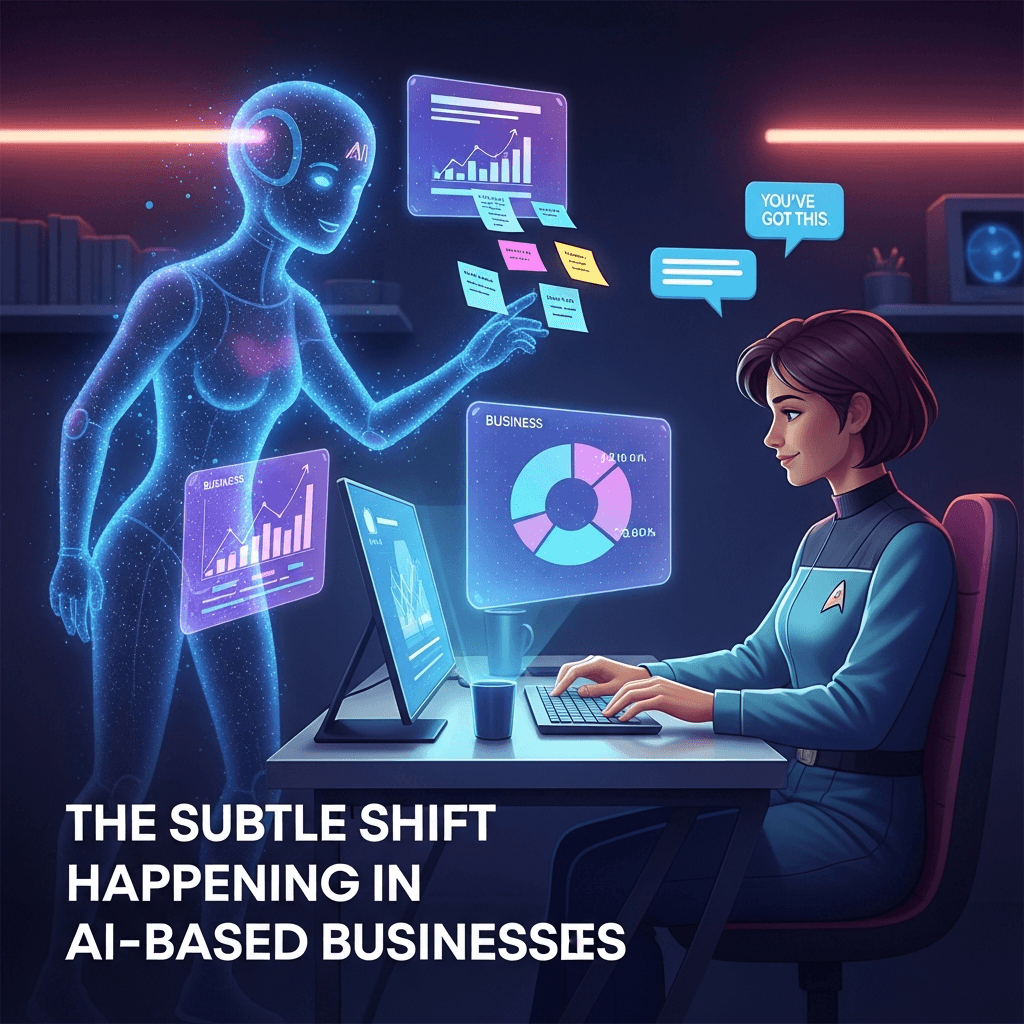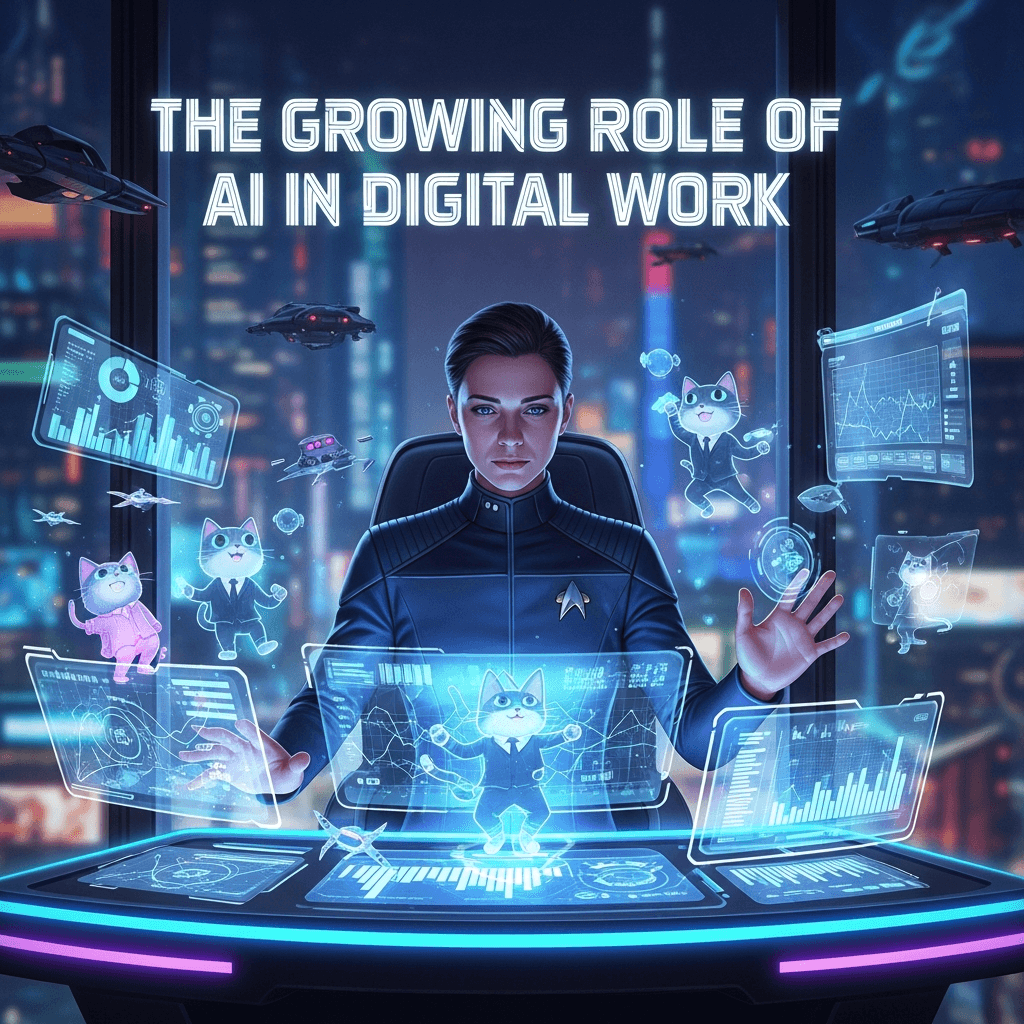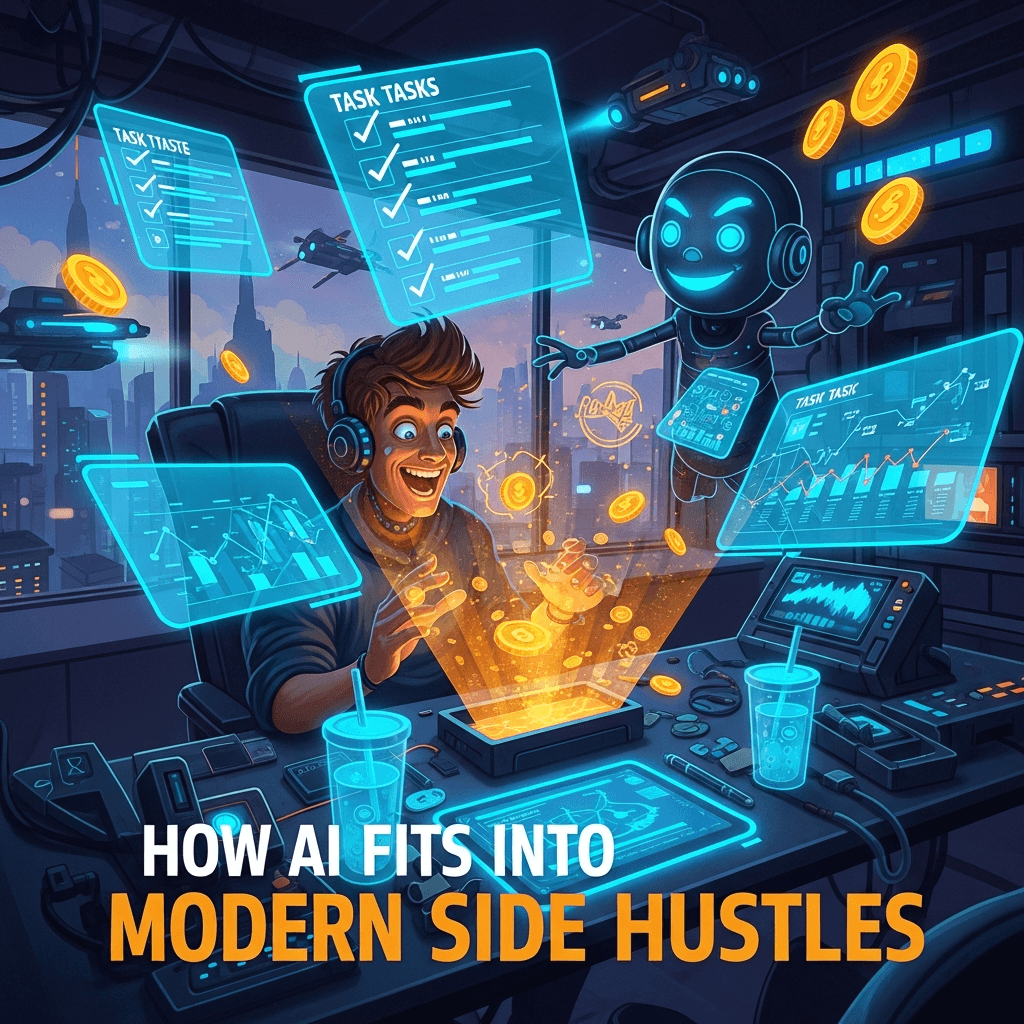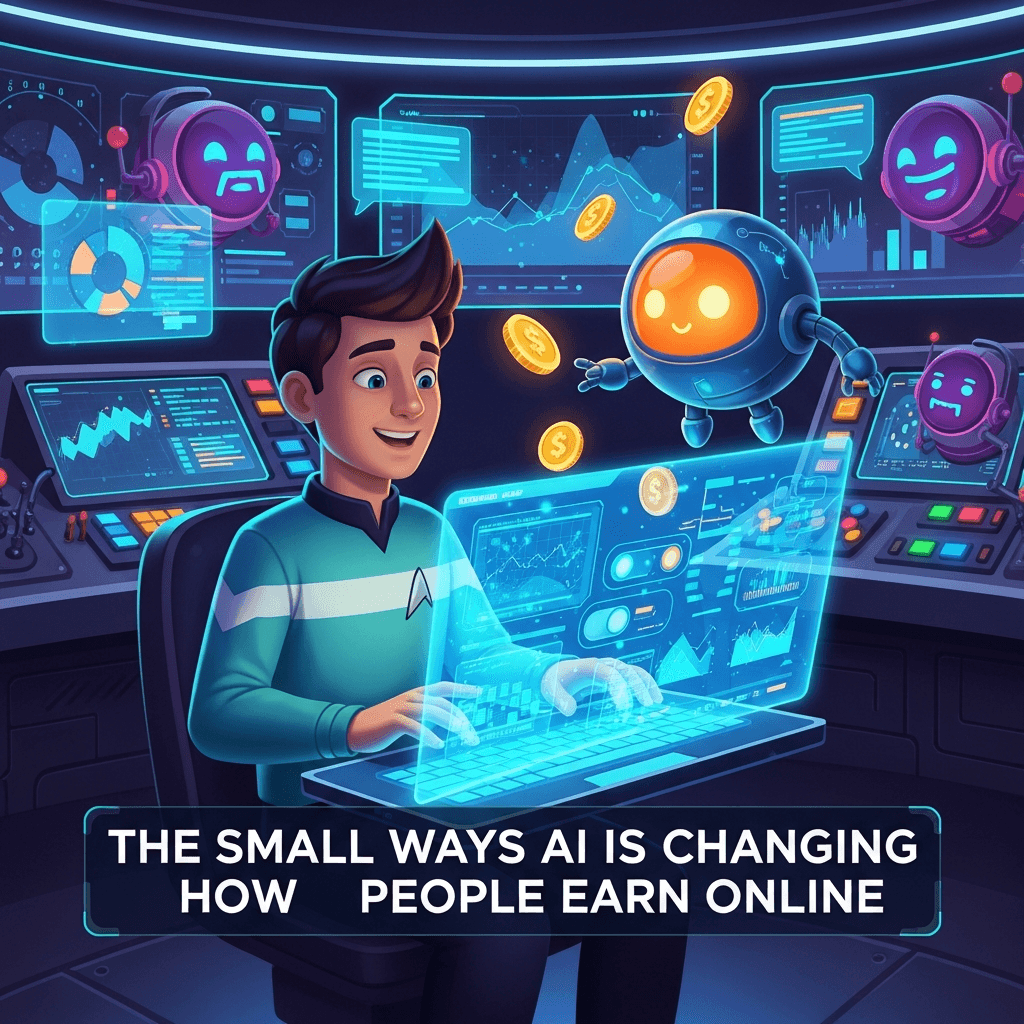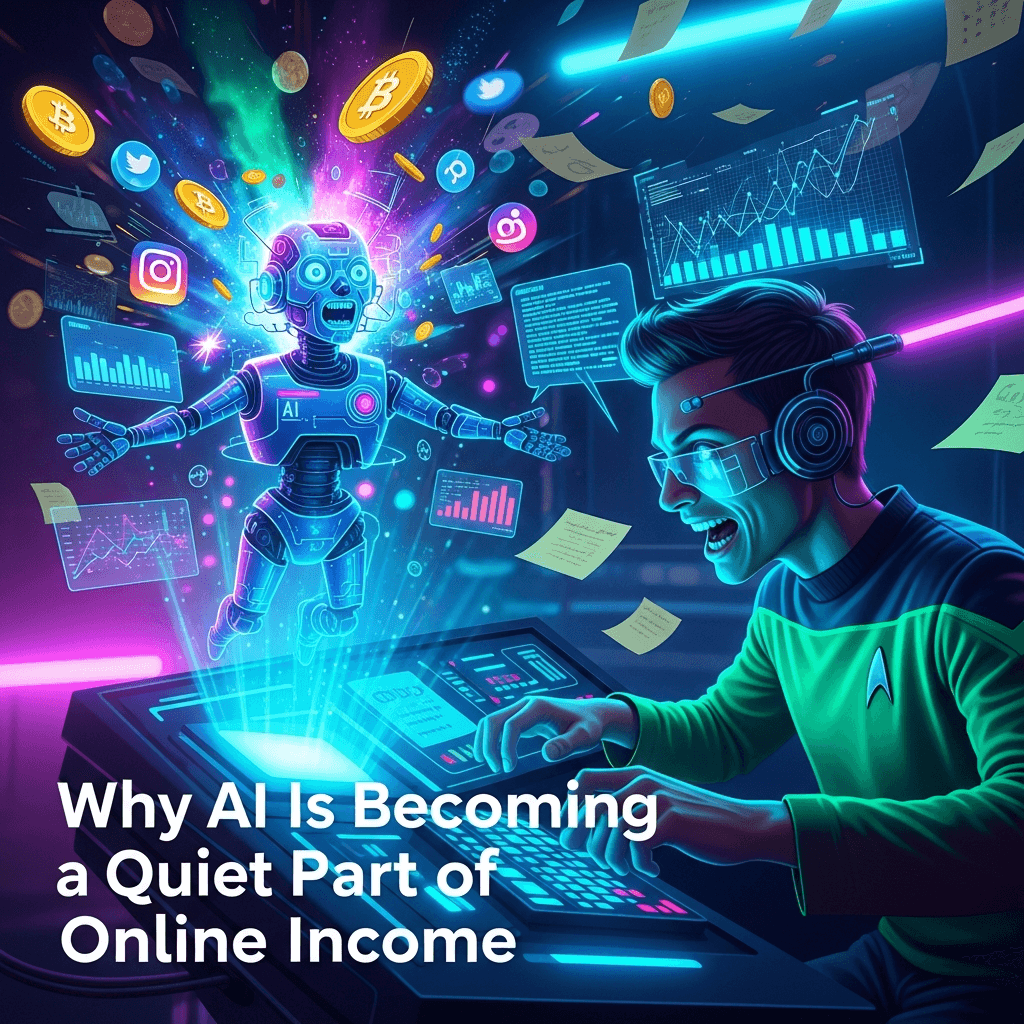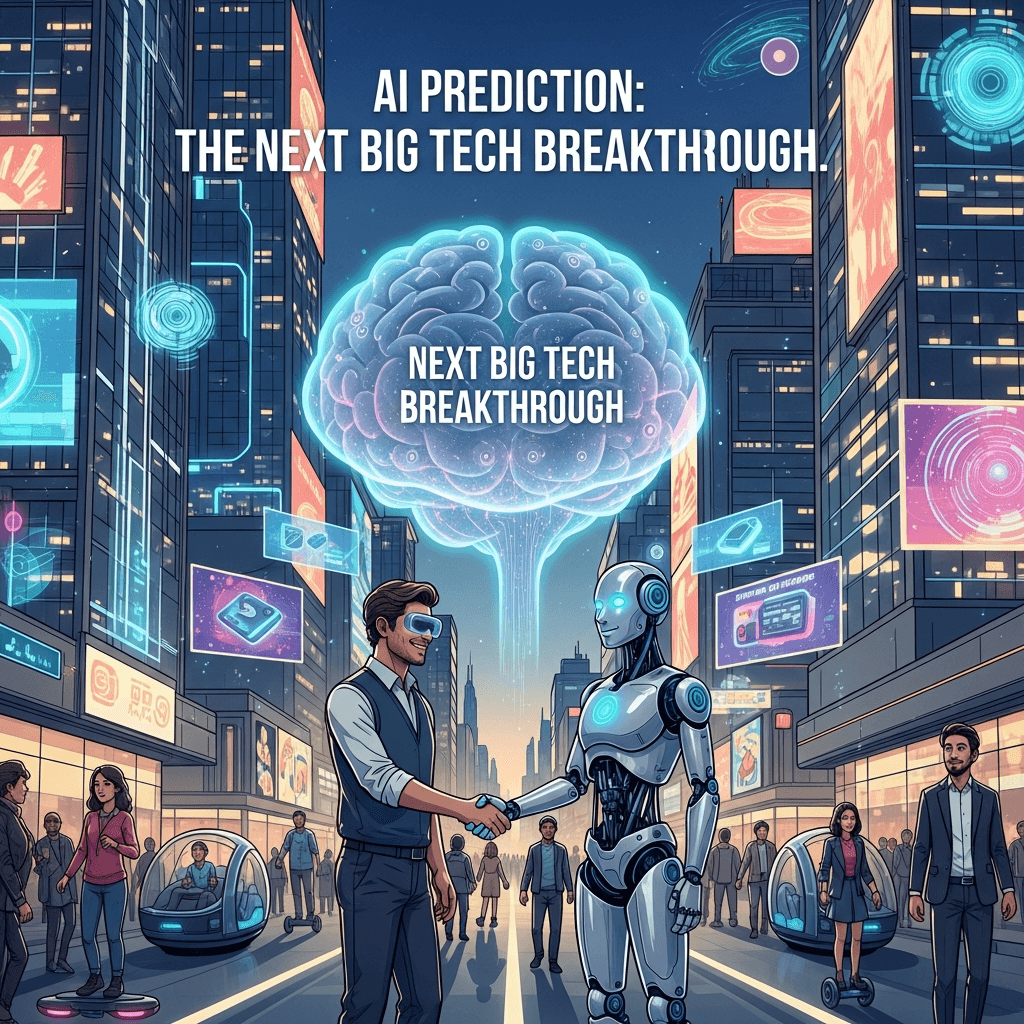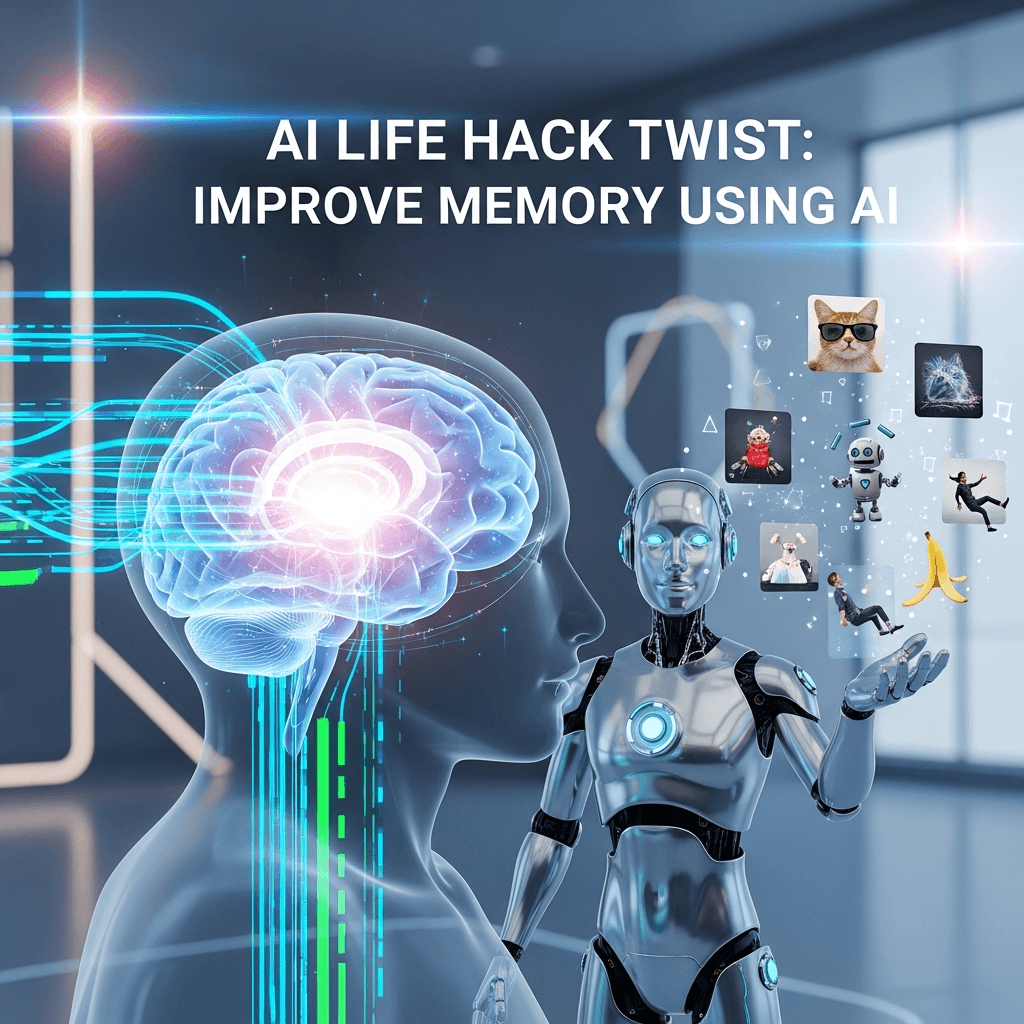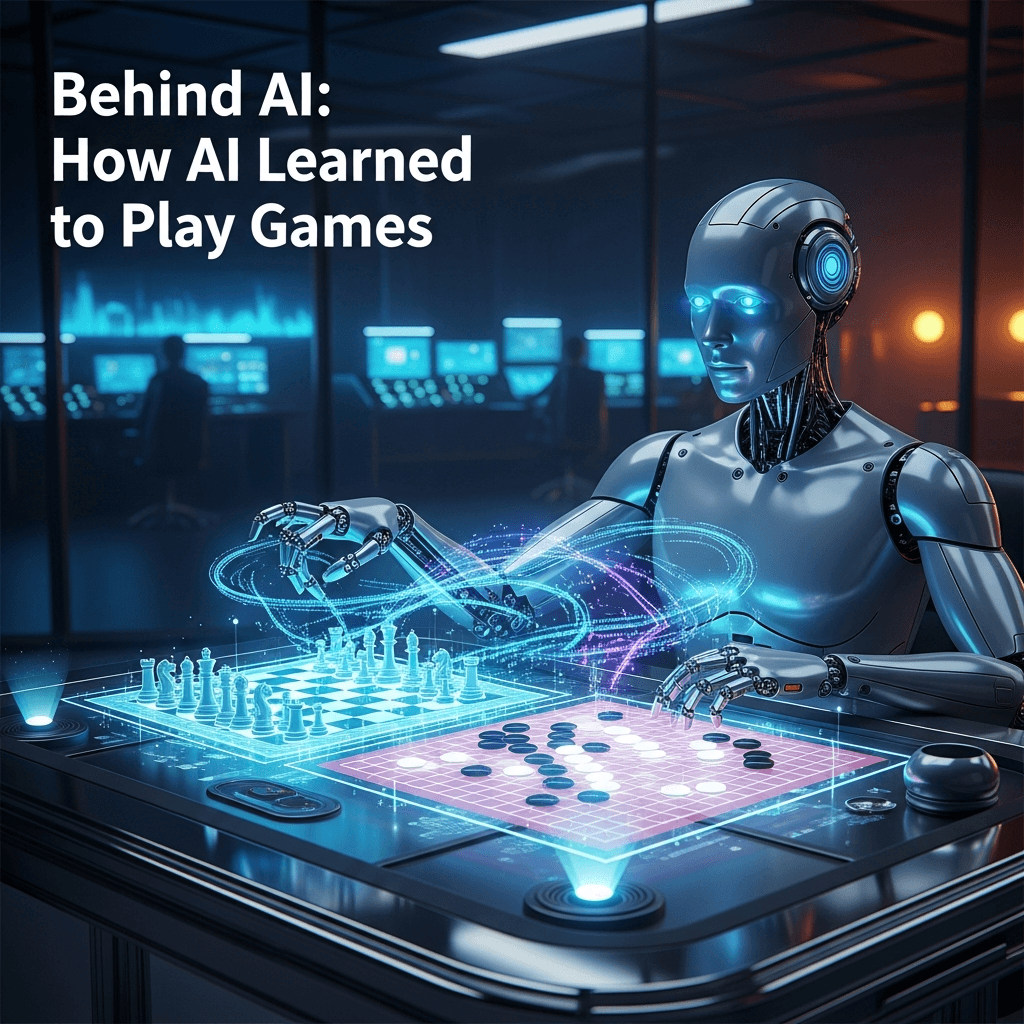AI is changing healthcare—diagnosing diseases, scanning X-rays, and even suggesting treatments faster than doctors. Sounds like a win, right? But what happens when the algorithm gets it wrong? In this article, we’ll explore how AI is saving lives, where it’s failing, and why trusting machines with our health is riskier than it looks.
Introduction
Healthcare and AI—on paper, it’s a dream team. A machine that can scan thousands of images, spot tiny details a human eye might miss, and never get tired? Sounds like science fiction. But here’s the catch: when AI screws up in healthcare, the consequences aren’t just embarrassing—they can be deadly.
Where AI Is Already Being Used
- Diagnostics: AI scans X-rays, MRIs, and mammograms, sometimes spotting cancer earlier than doctors.
- Drug discovery: Algorithms sift through massive data to find new treatments faster.
- Virtual health assistants: Chatbots answer medical questions or help schedule appointments.
- Wearables: Your smartwatch tracks heart rate, sleep, and even irregular rhythms with AI.
On the surface, it looks like the future of medicine is already here.
The Success Stories
AI has saved lives. There are cases where algorithms spotted tumors that radiologists missed, or caught rare diseases in time for treatment. Hospitals are using AI to cut down waiting times, predict patient flow, and reduce burnout for staff.
It’s not all hype—there are real wins here.
But Here’s the Dark Side
AI doesn’t “understand” health—it just crunches numbers. That means:
- Bias in training data: If most medical data comes from one demographic, the AI might misdiagnose others.
- Overconfidence: Doctors may trust AI recommendations too much—even when it’s wrong.
- Lack of accountability: If an AI makes a deadly mistake, who’s responsible? The hospital? The software company? Nobody seems sure.
And let’s not forget—the average patient has no idea if their diagnosis came from a human or a machine.
Real-Life “Oops” Moments
- An AI system once flagged black patients as “less sick” than white patients with the same symptoms, simply because of skewed data.
- Chatbots have been caught giving dangerously wrong medical advice.
- Some predictive systems failed during COVID-19 because the models weren’t trained on pandemic-level chaos.
Why This Matters for All of Us
We all get sick at some point. And when we do, we want doctors who double-check, question, and care. If hospitals start cutting costs by replacing too much human oversight with AI, mistakes will slip through—and it’s patients like us who pay the price.
What Patients Can Do
- Ask questions: If you’re told AI was used in your care, don’t be afraid to ask how.
- Get a second opinion: Especially for big diagnoses, human or otherwise.
- Stay informed: Know that AI is a tool, not a replacement for a doctor.
Bottom Line
AI in healthcare is both exciting and terrifying. It can save lives—but it can also miss the mark in dangerous ways. Machines are great assistants, but when it comes to your health, you probably still want a human in charge.


